War and humanitarianism, medicine and public health, rights and justice... Discover CRASH publications sorted by themes.
The fact that CRASH publications are written from an aid practitioner's, rather than researcher's, perspective, does not exempt them from the demands of rigorous research methods. We try hard at this, with the help of (volunteer) research professionals. The publications are not the MSF party line, but rather tools for reflexion based on MSF's framework and experience. They have only one purpose: to help us better understand what we are doing. Criticisms, comments and suggestions are more than welcome - they are expected.
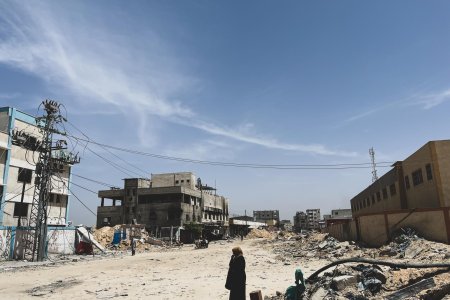 Ben Milpas
Opinion
Ben Milpas
Opinion
Gaza reading list 2, February - June 2024
07/01/2024This reading list gathers articles and videos published between February and June 2024.
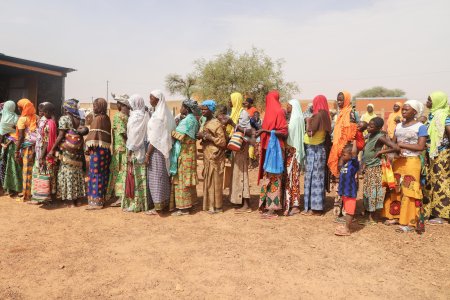 Nisma Leboul
Interview
Nisma Leboul
Interview
What difficulties does MSF face in the Sahel?
06/24/2024Following a series of coups d'état in recent years in Niger, Mali and Burkina Faso, the Sahel region is undergoing a major redefinition. In a context of high insecurity, what are the possibilities for accessing populations? What are the conditions under which our teams are operating, and can we do more? This interview with Hamadoun Dicko, who is in charge of access issues in the Sahel for MSF, was originally published association's website of MSF-France.
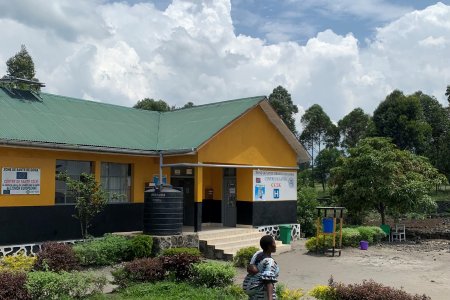 Jacob Burns
Analysis
Jacob Burns
Analysis
Too much Never Enough : Social Support at MSF
06/24/2024Looking at MSF programming today we see a variety of social support initiatives, as well as projects aimed at treating people in situations of socio-economic difficulty: programs for drug users in Iran, cash distributions for HIV and cancer patients in Malawi, protection and social support for migrants and refugees in Libya. However, the provision of social support is often seen as a marginal activity and there is debate about the appropriateness or relevance, or even the effectiveness, of such activities.
This paper by Jacob Burns on social support is divided in two parts. In the introduction “Practices and Motivations”, he suggests a rough outline of different ‘social’ problems that MSF has turned to and the moments at which it has done so, between the 1980s and the 2010s: street children and people living in slums ; Mission France ; Projects addressing human immunodeficiency virus, tuberculosis, and sexual and gender-based violence ; the responses to the Ebola epidemic in West Africa (2013-2015) and the Democratic Republic of Congo (2018-2019). The author argues that it is possible to break down the motivations for providing social support into three broad categories: to help achieve therapeutic success, to aid the effectiveness of our operations, to enhance the ‘well-being’ of the person.
The second part of the paper is a report of a field visit conducted in October – November 2023 to Goma, DRC. The visit was undertaken with an ethnographic approach: completing observations of the teams’ work with conversations with team members during which Jacob Burns tried to understand as much as possible their reasoning and motivations for the decisions they took. As the author himself says, this paper poses more questions than it provides answers: how do we judge what the ‘real’ needs of people are? What role giving money should have in the provision of humanitarian aid? What agency a person should have when receiving aid? To what extent MSF should work on the sources of the problems it is trying to address, rather than just their symptoms or consequences?
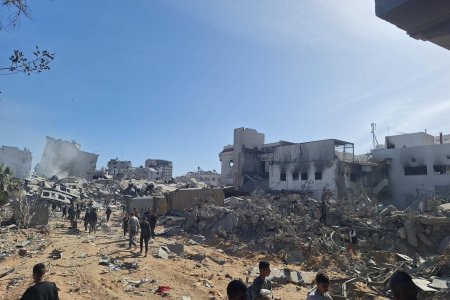 MSF
Video
MSF
Video
The Israeli-Palestinian conflict
04/16/2024Six months after the events of October 7, the situation in Gaza is catastrophic. The population is trapped and threatened with starvation, while the possibility of a ceasefire is not guaranteed. In this context, how can we describe what is happening in Gaza? Rony Brauman is categorical: it is appropriate to talk about genocide. In this interview conducted by Elba Rahmouni, he offers a historical and political reading of the Israeli-Palestinian conflict, looking at the reasons given by Israel to justify the siege of Gaza, the fate of prisoners and the usefulness of humanitarian law.
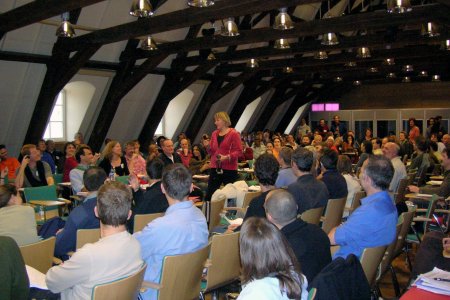 Alain Fredaigue
Analysis
Alain Fredaigue
Analysis
The road from La Mancha: Narratives of failure and institutional reform
03/22/2024In this article, historian Eleanor Davey examines the concept of failure in the humanitarian sector through the experience of MSF and its reform process, known as La Mancha, which began in the early 2000s. The text highlights the challenges faced by MSF in recognising and resolving internal inequalities within the organisation.
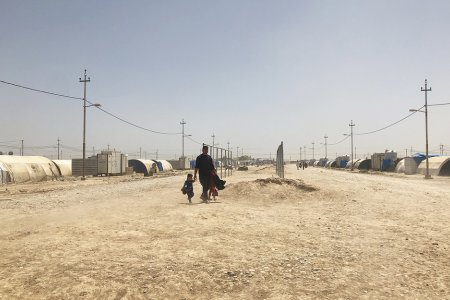 Candida Lobes
Analysis
Candida Lobes
Analysis
Crisis and Humanitarian Containment
12/19/2023Challenging the idea that humanitarian actors can act free from politics by virtue of their principles, this chapter argues that the politicization of humanitarian aid is in fact the primary condition for its deployment. Humanitarian actors can only act if they maintain a balance between their own interests and those of people in positions of power. This raises a crucial ethical question: At what point do humanitarian organisations consider that deals reached with political powers cross the blurred but very real line beyond which humanitarian assistance does more harm than good?
 Video
Video
Journal of Humanitarian Affairs : Volume 5 (2023), Issue 1 (Sep 2023): Humanitarian Numbers
11/23/2023On September 14th, 2023, the Journal of Humanitarian Affairs, the academic journal in open access, hosted jointly by the Crash, The Humanitarian Affairs Team at Save the Children UK (HAT) and the Humanitarian and Conflict Response Institute at the University of Manchester (HCRI), has published a new issue entitled “Humanitarian numbers”. The latter focuses on the technical aspect of numbers, dealing with two main questions: What datafication means? How well does the quantitative represent reality?
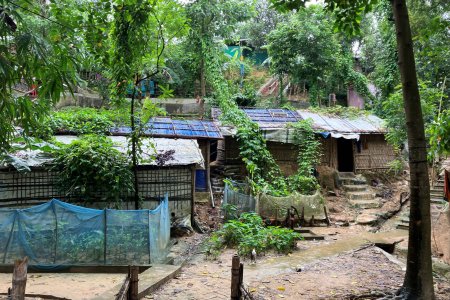 Michaël Neuman
Opinion
Michaël Neuman
Opinion
In Cox’s Bazar
10/31/2023This article was published in the London Review of books website on September 8, 2023. The former evokes the dire conditions in which roughly 1 000 000 Rohingyas live in Cox’s Bazar, the largest refugee camp in the world. In this coastal district in south-east Bangladesh, the humanitarian deployment is impressive, but commitment by donors is waning. Between March and June, monthly food allocations fell from $12 to $8 per person. The difficulties of accessing care, the social control to which they are subjected and the lack of prospects are many reasons explaining the perils faced by the Rohingya population.
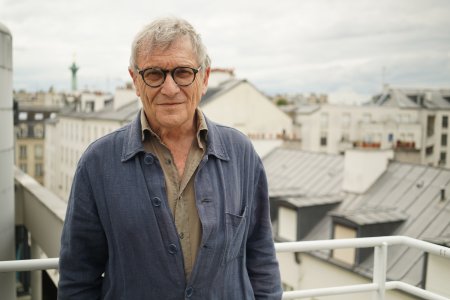 Interview
Interview
Thinking on and beyond the concept of de-westernization
10/16/2023This interview by Didier Billion and Marc Verzeroli was originally published in the Revue internationale et stratégique. To examine the concept of de-westernization, Rony Brauman describes the current state of international relations, marked by fluid alliances and new power relationships. He states and details his reservations about whether universal values truly exist and how the international criminal justice system functions.
